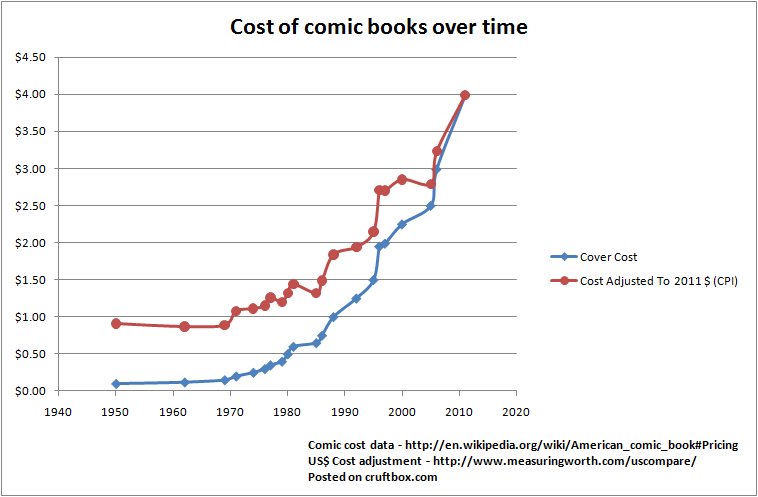Megan McArdle explains the temper of the late 1970s in Britain:
To understand the legacy of Margaret Thatcher, you need to understand Britain’s “Winter of Discontent,” in which striking public-sector workers nearly paralyzed the nation. Actually, you have to go back a bit further, to the inflations of the 1970s. Americans remember the “stagflation” of the 1970s as bad, but in Britain it was even worse — the inflation rate peaked in 1975 at over 25 percent.
Governments on both sides of the pond decided that the solution to inflation was to simply declare, by fiat, that prices would not rise so much. In America we got Nixon’s wage and price controls. In Britain, they got the government’s 1978 vow to hold public-sector wage increases to 5 percent — at a time when inflation was running to double digits.
The public-sector workers, as you might imagine, did not like that. And in Britain, the public-sector workers had immense power. Trash piled up in the streets. The truck drivers who ferried goods all over Britain went on strike — and the ones who didn’t, like oil tanker drivers, began feeding their destinations to “flying pickets” — mobile groups of strikers who would go from location to location, blockading them so that workers couldn’t get in and goods couldn’t get out. The BBC called them the “shock troops of industrial action” and that’s an accurate picture; effectively mobilized, flying pickets can grind the wheels of industry to a halt. Which is what they did in the winter of 1978-79.
In Liverpool, the gravediggers went out, leaving bodies unburied for weeks. By the end of January, half the hospitals in Britain were taking only emergency cases. Full of righteous fury, the unions flexed every muscle, demonstrating all the tremendous power that they had amassed by law and custom in the years since the Second World War. Unfortunately, they were pummeling the Labour Party, which had given them most of those powers. And the public, which was also suffering through high inflation and anemic GDP growth, had had enough. They elected Margaret Thatcher, a Conservative grocer’s daughter without roots in the working-class power structure of the labor movement, or the elite power structure of Britain’s famously rigid class system. She systematically went about dismantling the two main sources that gave labor the power to essentially shut down the United Kingdom: lenient strike laws and state ownership of key industrial sectors.
[. . .]
Her detractors should remember that as terrible as it was for the miners when the pits were closed, these mining operations were not sustainable — nor was it even desireable that they be sustained so that further generations could invest their lives in failing coal seams. The work was dreadful. The coal was too dirty for the environment, or the delicate pink tissue of the miners’ lungs. And even if Britain had wanted to keep mining the filthy stuff, it was getting too expensive to dig it out. The mines were playing out, not because Margaret Thatcher was mean, but because the cradle of the Industrial Revolution had burned through much of her coal.
In short, Margaret Thatcher destroyed an industrial system which had yes, provided workers with a secure livelihood, but yes, also done so at an unnacceptable cost. These two things are the same legacy. They cannot be parted.
Her achievement was not inevitable. But looking back at the Winter of Discontent, I’d argue that it was necessary. The alternate future for a United Kingdom where the labor unions hung on was another decade or two of failing state firms and economic decline. By the early 1980s, the UK’s per-capita GDP was lower than that of Italy. You can maybe argue that there was some alternative Social Democratic future, Sweden-style, or perhaps the discovery of an alternative path to capitalism. But it’s hard to look at the convulsions of 1970s Britain and argue that this was a happier past that the nation should pine after. And I find it hard to argue that Britain’s economy could have been modernized without taking on the unions; their veto power made even such obvious steps as shutting down failing mines effectively impossible.
As I wrote a few years back:
My family left Britain in 1967, which was a good time to go: the economy was still in post-war recovery, but opportunities abroad were still open to British workers. My first visit back was in [mid-winter] 1979, which was a terrible shock to my system. I’d left, as a child, before the strikes-every-day era began, and my memories of the place were still golden-hued and happy. Going back to grey, dismal, cold, smelly, strike-bound Britain left me with a case of depression that lasted a long time. It didn’t help that the occasion of the visit was to attend my grandfather’s funeral: it was rather like the land itself had died and the only remaining activity was a form of national decomposition.





